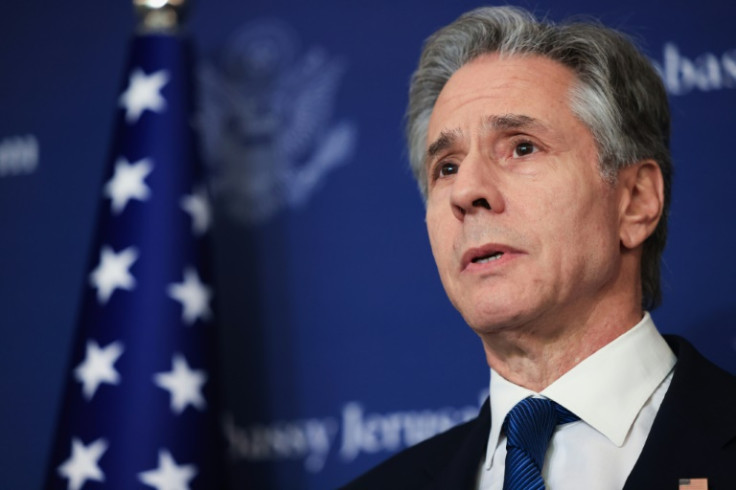
The Biden administration is considering revoking oil licenses for foreign companies operating in Venezuela, according to the U.S. Secretary of State Antony Blinken. The move is under review following Nicolás Maduro's decision to claim victory in Venezuela's presidential elections without presenting supporting evidence, a move the opposition and large parts of the international community condemn as fraudulent.
"Everything is on the table right now, including in terms of [oil] licenses," Blinken said during a hearing before the House Foreign Affairs Committee, as reported by EFE.
Republican Congresswoman María Elvira Salazar pressed Blinken on whether the administration planned to revoke licenses held by companies like Chevron or Repsol before Maduro's scheduled inauguration on January 10. Blinken declined to specify, saying, "I can't speak to the actions we will take or the timing of those actions."
Blinken underscored that the U.S. had sent "a very clear message" to Venezuela by condemning Maduro's "abuse of the system" during the July 28 elections. He added Washington's recognition of opposition candidate Edmundo González Urrutia as Venezuela's "president-elect."
Salazar criticized Chevron's operations in Venezuela, arguing that revenue generated by the company supports the state-owned oil firm PDVSA, which she claimed finances Maduro's "repressive apparatus."
Blinken responded by pointing out that the Venezuelan opposition had supported U.S. efforts to facilitate elections in the country, including adjustments to its sanctions policy aimed at promoting a democratic process.
The prospect of license cancellations signals a turning point in U.S.-Venezuela relations, as Washington balances its opposition to Maduro's government with the broader implications for international oil markets and regional stability.
Venezuela and the U.S. have maintained a tumultuous relationship over past years, with the former imposing several sanctions on the latter over authoritarian practices. A new report recounts how the Trump administration attempted but failed to overthrow Maduro in office.
An investigation by WIRED revealed a secret Trump-era attempt to unseat Maduro from the presidency. From a CIA hack of Venezuela's military payroll system, to insider fights for spy agency resources, the report provides details on how the Trump administration prioritized Venezuela among its international concerns.
Now that Donald Trump is returning to the White House, he is surrounding himself with officials who have had a hawkish stance on key foreign policy issues. He has emphasized a hardline approach toward Venezuela and countries like China, Iran, Cuba, and Russia.
Recently, he announced Christopher Landau, a lawyer and former ambassador to Mexico, as Deputy Secretary of State. The appointment signals Latin America will be a top priority during his second term, particularly regarding immigration from the region.
Landau will work closely with Secretary of State nominee Marco Rubio, a vocal critic of Maduro's regime. Rubio, who served as Senator for Florida, played a key role in pushing for sanctions against Venezuela and has consistently advocated for Maduro's removal, calling him a dictator.
© 2025 Latin Times. All rights reserved. Do not reproduce without permission.








